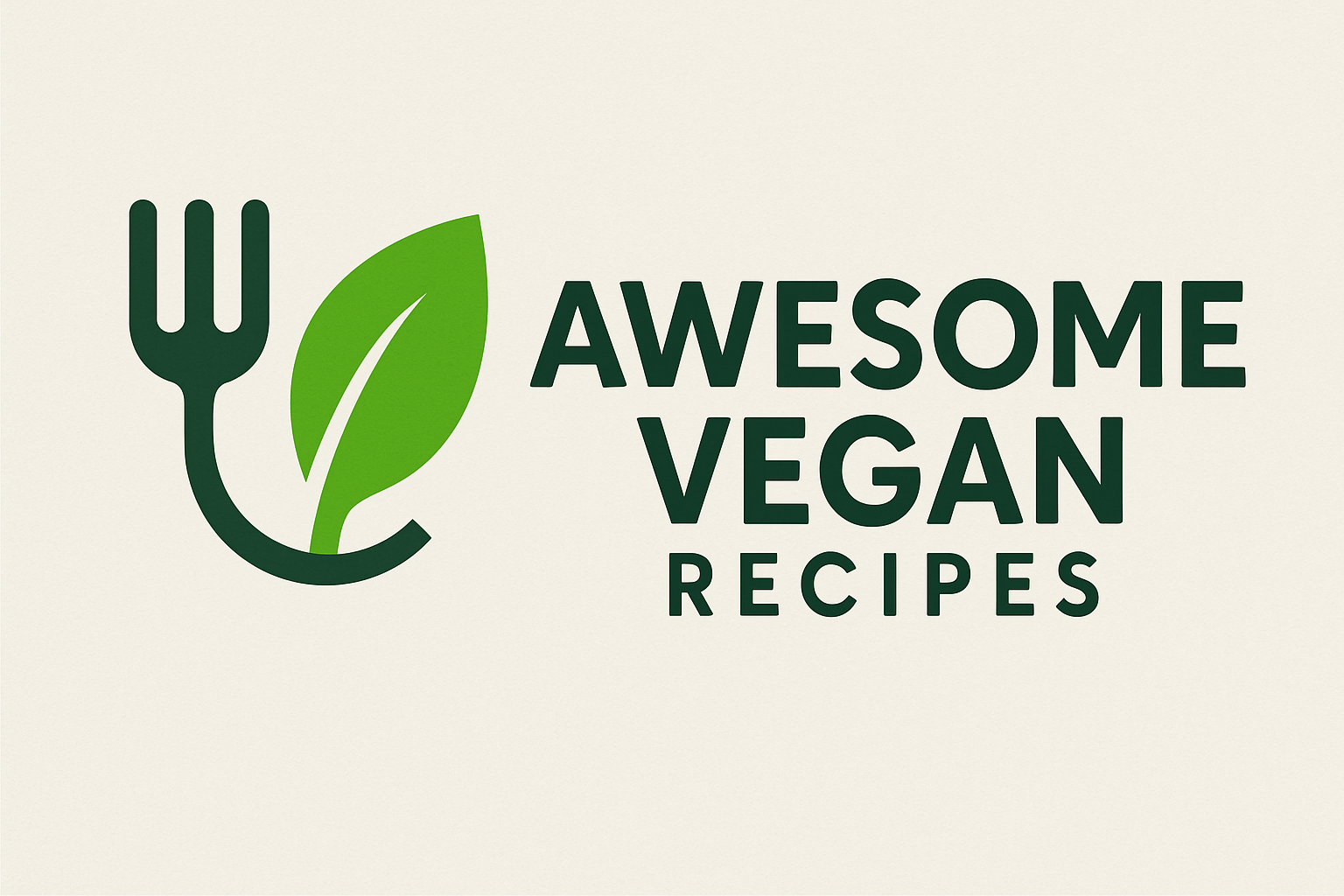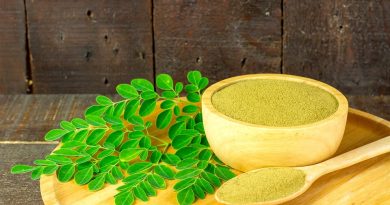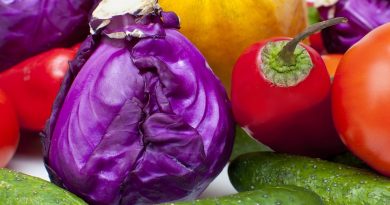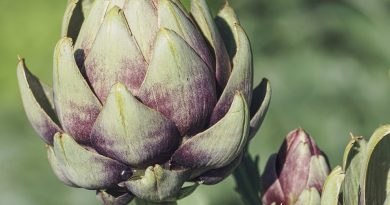Getting Your Daily Dose: The Essential Vitamins Every Vegan Needs
Getting Your Daily Dose: The Essential Vitamins Every Vegan Needs
As a vegan diet and lifestyle expert, I often come across questions about the essential vitamins that vegans need on a daily basis. While a plant-based diet is incredibly healthy, there are certain nutrients that are more challenging to obtain from plants alone. In this article, I will break down the key vitamins that every vegan should pay attention to and provide tips on how to ensure you are meeting your daily requirements.
Vitamin B12: The MVP of Vegan Nutrition
Vitamin B12 is perhaps the most important nutrient that vegans need to be mindful of. This vitamin is crucial for nerve function, DNA synthesis, and red blood cell production. Since vitamin B12 is primarily found in animal products, vegans are at a higher risk of deficiency. To ensure you are getting enough B12, look for fortified foods like plant-based milks, breakfast cereals, and nutritional yeast. You can also take a B12 supplement to stay on top of your intake. Aim for at least 2.4 micrograms per day, although higher doses may be necessary for certain individuals.
Vitamin D: Soak Up the Sunshine Vitamin
Vitamin D is another essential nutrient that plays a key role in bone health, immune function, and mood regulation. While our bodies can produce vitamin D when exposed to sunlight, many people—vegans and non-vegans alike—fall short on this vital nutrient. To boost your vitamin D levels, aim for at least 15 minutes of sun exposure per day, preferably during peak sunlight hours. You can also find vegan-friendly vitamin D supplements derived from lichen to ensure you are meeting your daily needs.
Iron: Plant-Powered Strength
Iron is a mineral that is essential for oxygen transport in the body and overall energy levels. While iron is found in abundance in plant foods like lentils, chickpeas, and dark leafy greens, it is important to consume enough vitamin C-rich foods alongside iron-rich foods to enhance absorption. Nuts and seeds are also excellent sources of iron for vegans. If you are concerned about meeting your iron needs, consider adding an iron supplement to your daily routine. Aim for 18 milligrams of iron per day for adult women and 8 milligrams per day for adult men.
Omega-3 Fatty Acids: The Brain-Boosting Nutrient
Omega-3 fatty acids are a type of healthy fat that is crucial for brain function, heart health, and inflammation regulation. While fish is typically touted as the best source of omega-3s, vegans can still get their daily dose from plant-based sources like chia seeds, flaxseeds, hemp seeds, and walnuts. Consider adding a quality algae-based omega-3 supplement to your regimen to ensure you are getting enough of these essential fats.
Calcium: Building Strong Bones
Calcium is a mineral that is vital for bone health, muscle function, and nerve transmission. While dairy products are a common source of calcium, vegans can still meet their daily needs from plant foods like tofu, almonds, fortified plant-based milks, and leafy greens. Aim for 1,000 milligrams of calcium per day for adults under 50 and 1,200 milligrams per day for adults over 50. Consider adding a calcium supplement to your routine if you are having difficulty meeting your daily requirements through food alone.
Zinc: Immune System Support
Zinc is an important nutrient that is essential for immune function, wound healing, and DNA synthesis. While zinc is found in plant foods like legumes, nuts, seeds, and whole grains, it is important to ensure you are getting enough of this mineral on a vegan diet. Aim for 8-11 milligrams of zinc per day for adult women and men, respectively. Consider adding a zinc supplement to your daily routine if you are concerned about meeting your daily needs.
In Conclusion
As a vegan, it is important to pay attention to the essential vitamins and minerals that may be more challenging to obtain from plant-based sources alone. By focusing on incorporating a variety of nutrient-dense plant foods into your diet and considering supplementation when necessary, you can ensure you are meeting your daily requirements for optimal health and well-being. Remember to consult with a healthcare provider or registered dietitian to determine your individual nutrient needs and to tailor your diet and supplement regimen accordingly. With a balanced approach to nutrition, you can thrive on a vegan diet and feel your best every day.






